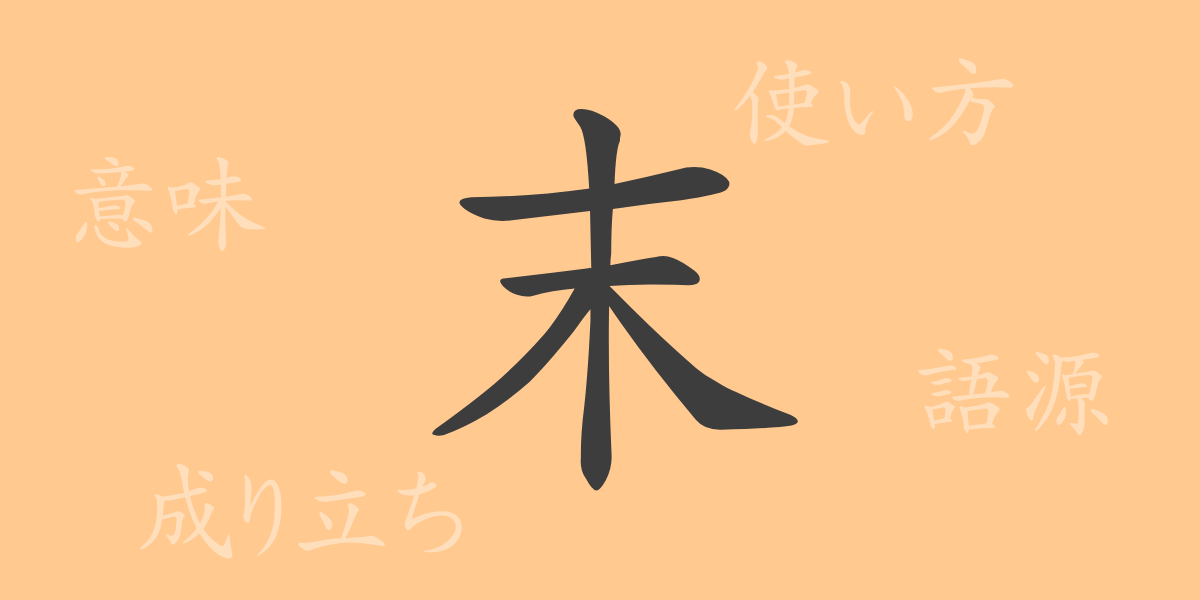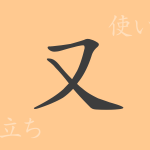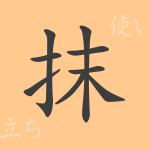In Japanese written language, kanji (漢字) is known for its beauty and complexity. The commonly used kanji (漢字) “末” (matsu) is one of the characters frequently used in our daily lives. This article delves into the origins, meanings, usages, and idiomatic expressions of the kanji (漢字) “末” (matsu), exploring its charm in depth.
Origins of 末 (matsu)
The kanji (漢字) “末” (matsu) is composed of the character “木” (ki), which represents a tree, combined with the smaller character “少” (shou). This signifies the tip or end of a tree branch, symbolizing the end or conclusion of things. Its prototype can be seen in ancient Chinese oracle bone script, evolving over thousands of years into its current form.
Meanings and Usages of 末 (matsu)
The kanji (漢字) “末” (matsu) holds meanings such as “end,” “last,” and “tip.” Additionally, it can refer to “future” or “descendants,” allowing for diverse interpretations depending on the context. It is often used to indicate time or order, appearing in everyday conversation in forms such as “週末” (shuumatsu – weekend), “年末” (nenmatsu – year-end), and “末っ子” (suekko – youngest child).
Reading, Stroke Count, and Radical of 末 (matsu)
The kanji (漢字) “末” (matsu) is easy for beginners to remember due to its simple structure.
- Readings: On’yomi (音読み) as “マツ” (matsu), “バツ” (batsu); Kun’yomi (訓読み) as “すえ” (sue)
- Stroke count: 5 strokes
- Radical: 木部 (kihen – tree radical)
Idiomatic Expressions and Proverbs Using 末 (matsu)
There are many idiomatic expressions and proverbs that reflect the meanings of the kanji (漢字) “末” (matsu). “末永く” (suenagaku) means “long-lasting” and is often used in wedding speeches. “週末” (shuumatsu) means “weekend,” and “栄枯盛衰” (eikoseisui) signifies the rise and fall, prosperity and decline, depicting the transience of life. Other expressions include “末代まで” (matsudaimade – forevermore) and “末路” (matsuro – end of life), showcasing the significant role of “末” (matsu) in Japanese language expressions.
Conclusion on 末 (matsu)
The kanji (漢字) “末” (matsu) is utilized in many words due to its rich form and meaning. Deeply rooted in Japanese culture and language, this kanji (漢字) is an indispensable element of our communication. Through this article, we hope you gain an understanding of the history and meaning of “末” (matsu) and enjoy more enriched Japanese expressions.

























